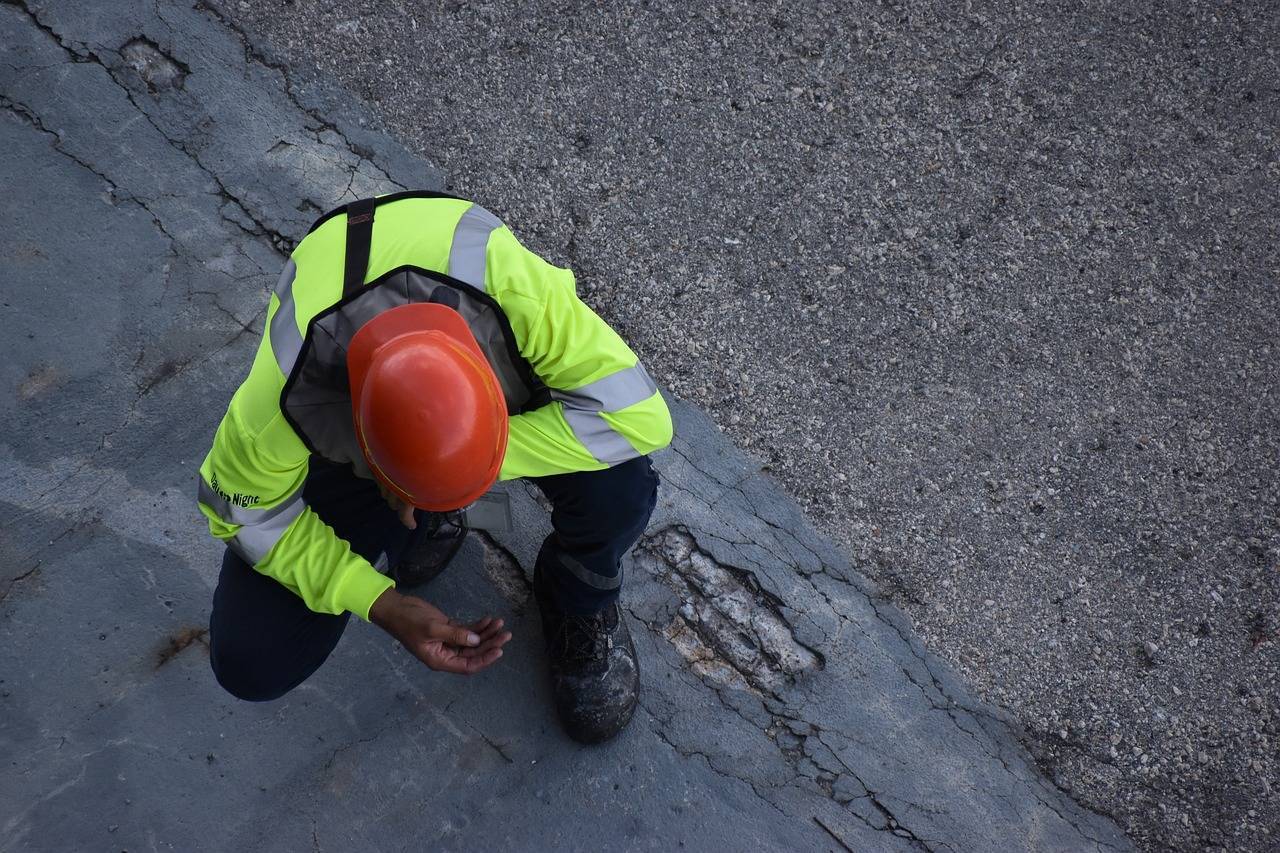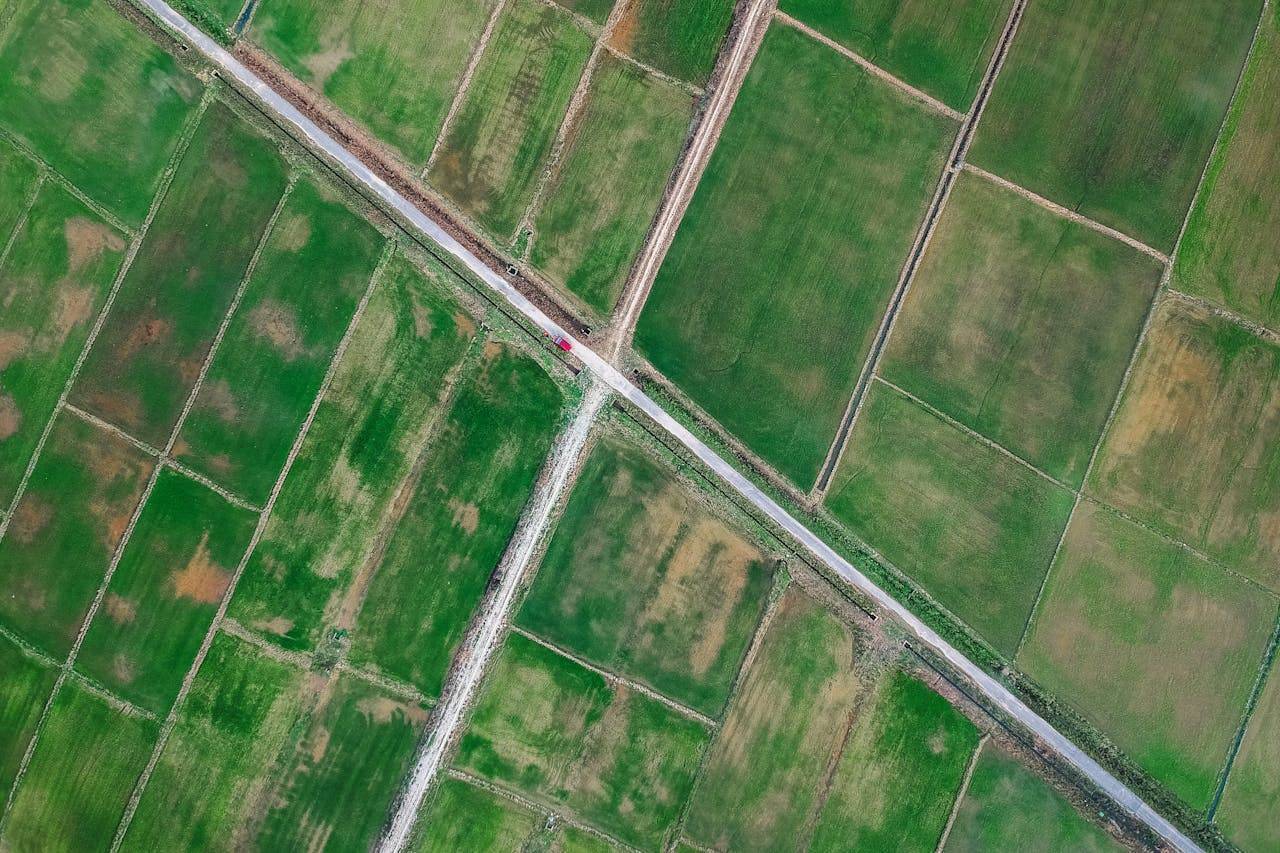The Municipal Corporation of Delhi (MCD) has taken significant steps to ensure that construction workers receive the necessary welfare benefits amid growing concerns over the impact of GRAP-IV (Graded Response Action Plan) regulations on their livelihoods. As per new directives issued by the MCD, all construction workers working at project sites across Delhi must be registered on the Delhi government’s welfare portal, allowing them access to vital subsistence benefits. This move has become particularly important as the construction activities in Delhi were halted under GRAP-IV due to severe air pollution concerns, leaving many workers without income.
According to MCD officials, the decision came after the implementation of GRAP-IV regulations, which led to the temporary suspension of construction activities in Delhi to mitigate air pollution. The suspension of construction work, particularly during high pollution days, severely impacted construction workers, who rely on daily wages for their livelihood. Recognizing the hardship caused by this situation, the Delhi Building and Other Construction Workers Welfare (DBOCWW) Board urged the MCD to accelerate the process of registering and renewing the registration of construction workers to ensure they continue receiving financial aid during such periods of inactivity.
An MCD official explained that the Delhi Building and Other Construction Workers Welfare (DBOCWW) Board had issued a letter emphasizing the need to expedite the registration and renewal process for construction workers. The directive, in compliance with the Supreme Court’s orders, aims to facilitate immediate registration, ensuring workers can access welfare schemes during periods when construction activities are on hold.
Registration Process and Eligibility
As per the provisions of the Building and Other Construction Workers Act, 1996, construction workers are entitled to various welfare schemes, including financial assistance, healthcare, and education benefits. To be eligible for registration, a worker must fall between the age group of 18 to 60 years and must have worked for at least 90 days in the preceding year on construction sites. Once registered, these workers can access multiple benefits provided by the welfare board, such as insurance coverage, healthcare services, and, most importantly, subsistence allowances.
The MCD’s directive involves ensuring that workers engaged at construction sites, including those working with government and private contractors, get registered quickly through the Delhi government’s online portal. This initiative was implemented across 12 zones in Delhi, with instructions for engineers to actively assist contractors in enrolling their workers.
Supreme Court’s Intervention and Worker Compensation
The urgency of the MCD’s directive was further amplified by the Supreme Court’s ruling last month, which ordered the Delhi government to provide immediate compensation to construction workers who had been financially impacted by the suspension of construction activities due to air pollution. The court instructed the Delhi government to provide a one-time payment of Rs 8,000 to each registered construction worker as immediate financial relief. The government was also directed to ensure that all remaining payments were processed without delay.
In response to the Supreme Court’s orders, the Delhi government has accelerated the registration process. Acknowledging the ongoing delays in worker registration, Sunil Kumar Aledia, an advocate for unorganised workers in Delhi, remarked that the government’s drive had been intensified as the deadline to submit progress in the court neared. He noted that in previous visits to construction sites, no workers were registered on the welfare portal, despite the legal requirement for gazetted officers to assist in the process.
Current Status of Worker Registration
As of December 19, 2024, the Delhi Building and Other Construction Workers Welfare Board reported that 727,501 renewal applications had been received. However, a significant number of applications were either rejected (35,279) or cancelled (3). This highlights the challenges of ensuring accurate and timely registrations in a sector that is often characterized by informal, transient work arrangements.
The lack of proper registration not only delays access to crucial benefits but also perpetuates the cycle of vulnerability that many construction workers face. By ensuring that all construction workers are registered, the MCD and Delhi government aim to provide much-needed financial security and stability to workers who are otherwise left unprotected during periods of unemployment due to regulatory actions like GRAP-IV.









.png)